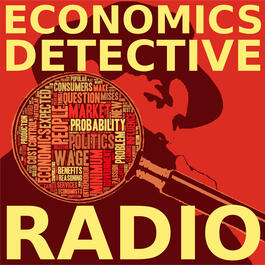
Markets for Rebellion with Vincent Geloso
Vincent Geloso returns to the podcast today to discuss his paper, "Markets for Rebellions? The Rebellions of 1837-38 in Lower Canada". The paper discusses the idea that political upheaval and even violent rebellion can be more likely in areas with a high degree of market access. In 1837-38, the British colonies of Upper and Lower Canada rebelled. The rebellion was most virulent in the latter of the two colonies. Historians have argued that economic consideration were marginal in explaining the causes of the rebellions. To make this claim, they argue that the areas that rebelled in Lower Canada were among the richest in the colony, and the least likely to be motivated by economic factors. In this paper, we use the census of 1831 and databases of rebellious events to question this claim. We argue that the rich areas were more prone to rebellion because they were where markets were most developed. These well-developed markets allowed for cheaper coordination of seditious elements while also increasing the wealth (i.e. the rent) over which to fight.
From "Economics Detective Radio"




Comments
Add comment Feedback